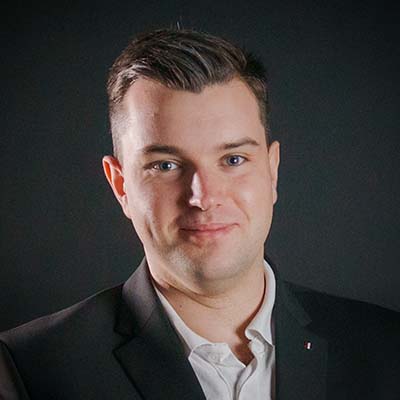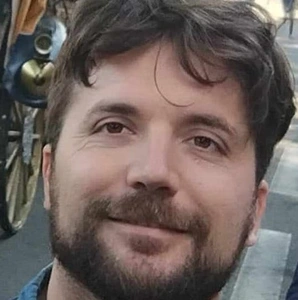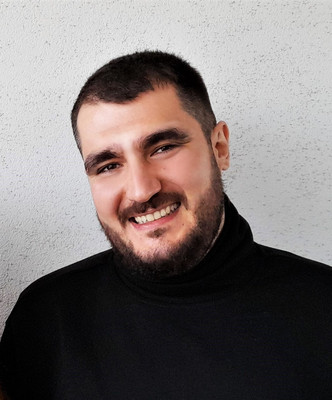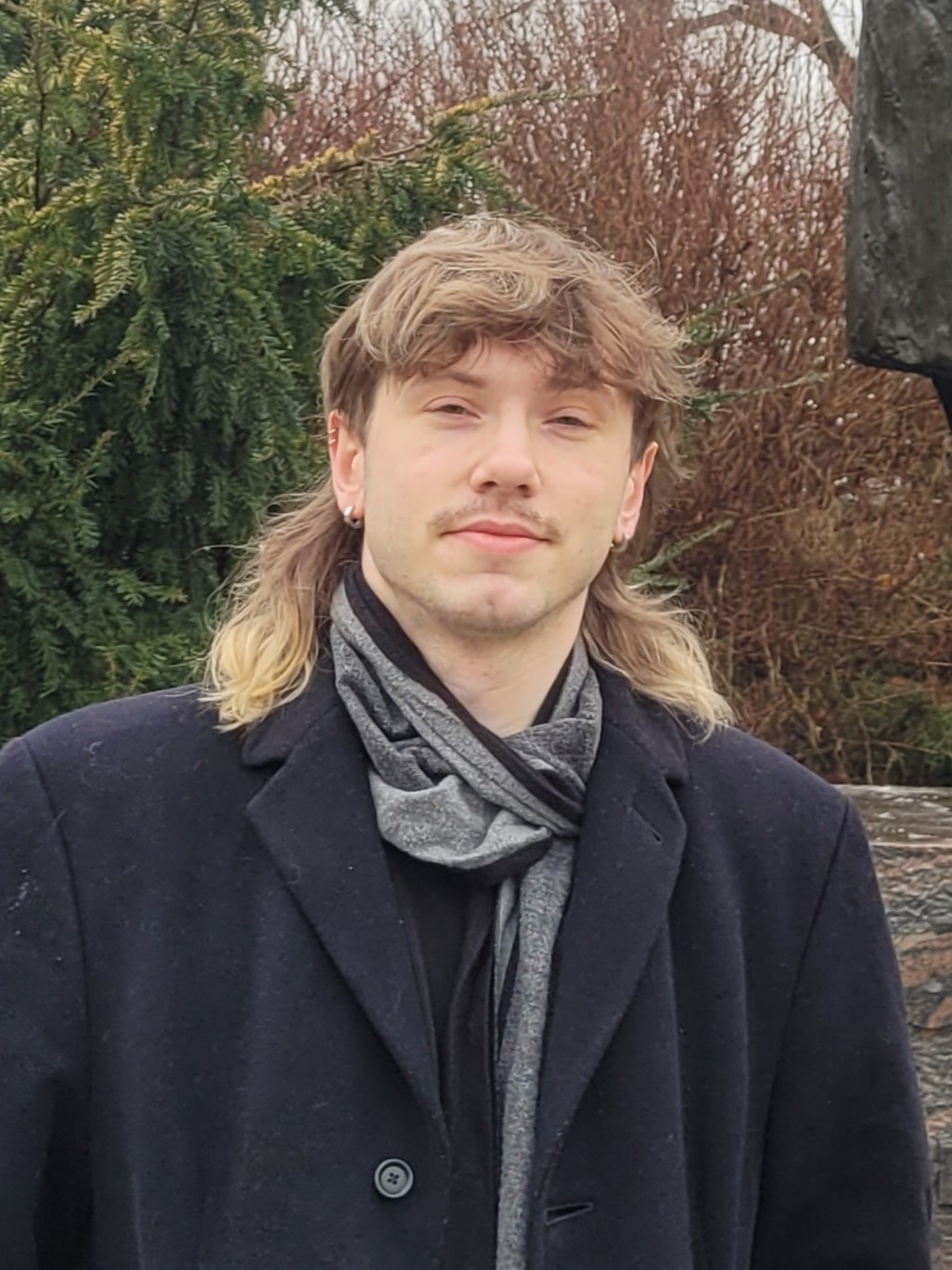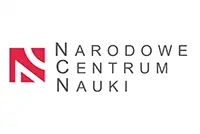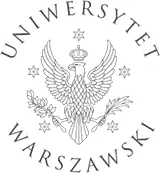Representations

About us
Welcome to the virtual platform that brings together research teams working on representations, parliamentarism, and state figurations in the interface regions of continental Europe. Associated projects study the ‘imperial’ and ‘national’ figurations of state and the shifting role of parliamentarism within in sub-imperial regions after 1815 and in post-imperial spaces after 1918. We examine the discourses (concepts, ideas, rhetoric) produced by representative bodies situated in the interface spaces of empires, as well as the intricate destinies of individual deputies and marshals with their divergent capitals and contrasting loyalties. Studying assemblies and people moving across state formats, we uncover the asynchronicities and context switches that they had to contend with, and multiple roles they played within broader edifice of power and landscapes of social hierarchies.
The team led by Piotr Kuligowski investigates the discourses of Polish and Belgian parliamentarism in the post-Napoleonic period (i.e., after 1815). During this time, both the Netherlands and significant parts of the former Polish-Lithuanian Commonwealth acted as buffer spaces in imperial Europe. The year 1830 marked a turning point when an independent state emerged in Belgium, while the constitutional monarchy known as the Kingdom of Poland ceased to exist. From that year until the Spring of Nations, the project aims to highlight significant divergences that emerged in both regions, despite similar initial parameters regarding institutional order and inherited political traditions.
The group led by Wiktor Marzec aims to understand the dynamic interaction between personal, regional and state elements in legislative assemblies in three states composed of parts originating in various empires after 1918. Interwar Poland, Romania and Yugoslavia emerged in a new form out of the bygone empires. As a result, they displayed high cultural and institutional variance. They were inhabited by religious or national ‘minorities,’ and people previously living in various empires used to different legal realities. But their governments rejected the idea of federation and imposed unitary state designs instead. Various social groups met and debated the emerging polity in legislative assemblies of these reconstructed states. The project studies parliamentary debates, biographies of the MPs and institutional embeddings of parliamentary politics to tackle how such patchwork parliaments staged as national assemblies, mediated the diversities and tensions resulting from imposing nationalizing state structures on such heterogenous lands.
Team
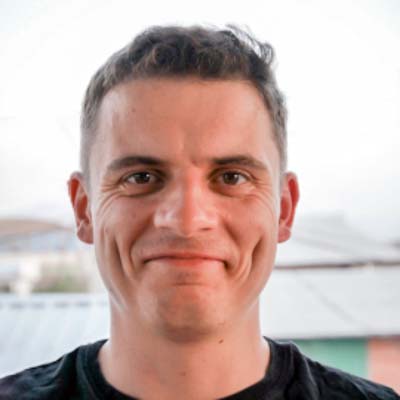
dr habil. Wiktor Marzec
Robert Zajonc Institute for Social Studies
University of Warsaw
Wiktor Marzec is an Assistant Professor at the Robert Zajonc Institute for Social Studies, University of Warsaw, Poland. Wiktor holds a PhD in sociology and social anthropology from Central European University, Budapest. He is the author of Rising Subjects. The 1905 Revolution and the Origins of Modern Polish Politics (Pittsburgh UP 2020), co-author of From Cotton and Smoke. Łódź – Industrial City and Discourses of Asynchronous Modernity, 1897–1994 and several articles on Poland within the Russian Empire focusing on labor history and history ofconcepts. His new book tackles the post-imperial sociogenesis of the state. Currently he is working on a project on patchwork parliaments in interwar Eastern Europe.
Read full bio >>dr Piotr Kuligowski
Tadeusz Manteuffel Institute of History
Polish Academy of Sciences
Piotr Kuligowski is an NCN-funded research fellow at the Tadeusz Manteuffel Institute of History of the Polish Academy of Sciences in Warsaw. In 2019, he defended his PhD thesis in history at the Adam Mickiewicz University in Poznań. He is the author of two books in Polish and articles (in Polish, English and French) on transnational political concepts and patterns in post-Napoleonic Europe. Currently he is a leader of a project on Belgian and Polish parliamentary discourse in 1815-1848.
Read full bio >>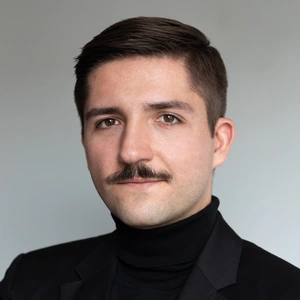
dr Artur Kula
Tadeusz Manteuffel Institute of History
Polish Academy of Sciences
Artur Kula is a postdoctoral fellow at the Tadeusz Manteuffel Institute of History at the Polish Academy of Sciences in Warsaw. He holds a PhD in history from the École des hautes études en sciences sociales (EHESS) and the University of Warsaw. His research expertise focuses on the question of social imaginaries in the nineteenth century in Central and Eastern Europe. Artur, in his PhD, analysed the concept of treason and social practices related to it. His academic interests include critical legal studies. Artur’s postdoctoral work examines the debates in the Free City of Kraków, with a focus on the question of sovereignty.
dr Quentin Schwanck
Tadeusz Manteuffel Institute of History
Polish Academy of Sciences
Quentin Schwanck is a postdoctoral fellow at the Tadeusz Manteuffel Institute of History at the Polish Academy of Sciences in Warsaw. He holds a PhD in political science from the École Normale Supérieure de Lyon, France. His research expertise lies in the intellectual intersections between republicanism and socialism in early 19th-century France. He also has a deep, ongoing interest in the transnational transfer of political concepts across Europe during the long 19th century, particularly between the United Kingdom, France, and Poland. His current postdoctoral work examines the debates among Belgian representatives in the post-Vienna Congress period, with a focus on their intellectual borrowings from French parliamentary traditions.
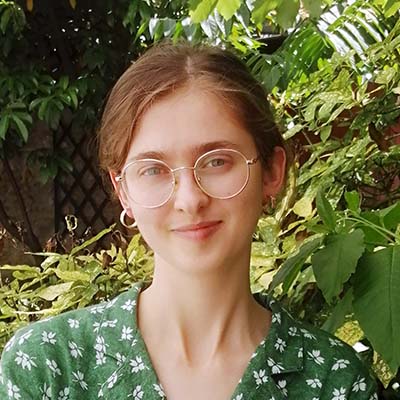
Teresa Knapowska
Teresa Knapowska is a graduate of the Master's studies in art history at the Adam Mickiewicz University in Poznan and “Digital Technologies Applied to History” at the École nationale des chartes - PSL in Paris. Her work revolves around the preparation of transcripts derived from the proceedings of 19th-century Polish-speaking representative assemblies for digital analysis. It includes such tasks as converting PDF files (using AbbyFine Reader), proofreading texts while adhering to the rules of historical orthography, and pre-annotating distinct sections of documents to ensure readability for software analysis.
dr Naum Trajanovski
Robert Zajonc Institute for Social Studies
University of Warsaw
Polish Academy of Sciences
Naum Trajanovski is an adjunct faculty member at the Robert Zajonc Institute for Social Studies, University of Warsaw, where he works on the project Patchwork Parliaments. Post-imperial Field of Power in the Second Republic of Poland, Greater Romania and the Kingdom of Serbs, Croats and Slovenes After the First World War. He holds a PhD in sociology from the Institute of Philosophy and Sociology at the Polish Academy of Sciences. His major academic interests include historical sociology, the history of sociology in East Central and Southeast Europe, nationalism, and memory studies. He recently published the monograph A History of Macedonian Sociology: In Quest for Identity (Palgrave Macmillan, 2024).
dr Edina Gal
Edina Gál is a postdoctoral fellow at the Robert Zajonc Institute for Social Studies at the University of Warsaw. She defended her PhD in 2024 in History at the Babeș-Bolyai University (Cluj-Napoca). Her latest studies include the history of child protection in Transylvania, Banat and Eastern Hungary during Dualism and the interwar period, focusing on the nationalist agenda related to child welfare. In the current postdoctoral research, she focuses on the post-imperial transformation in Romania and the life course analysis of MPs.
Patryk Krupiński
Tadeusz Manteuffel Institute of History of the Polish Academy of Sciences
Patryk Krupiński is a PhD student at the Tadeusz Manteuffel Institute of History of the Polish Academy of Sciences. He obtained a master's degree in history (2023) and a bachelor's degree in history (2021) and philosophy (2024) at the Nicolaus Copernicus University iń Toruń. His research interests include the political and social history of interwar Poland, the philosophy of history, and the methodology of history. He is currently working on his doctoral thesis exploring various perceptiońs of Jozef Piłsudski as both an aggressor and defender in contemporary discourses of Central and Eastern Europe.
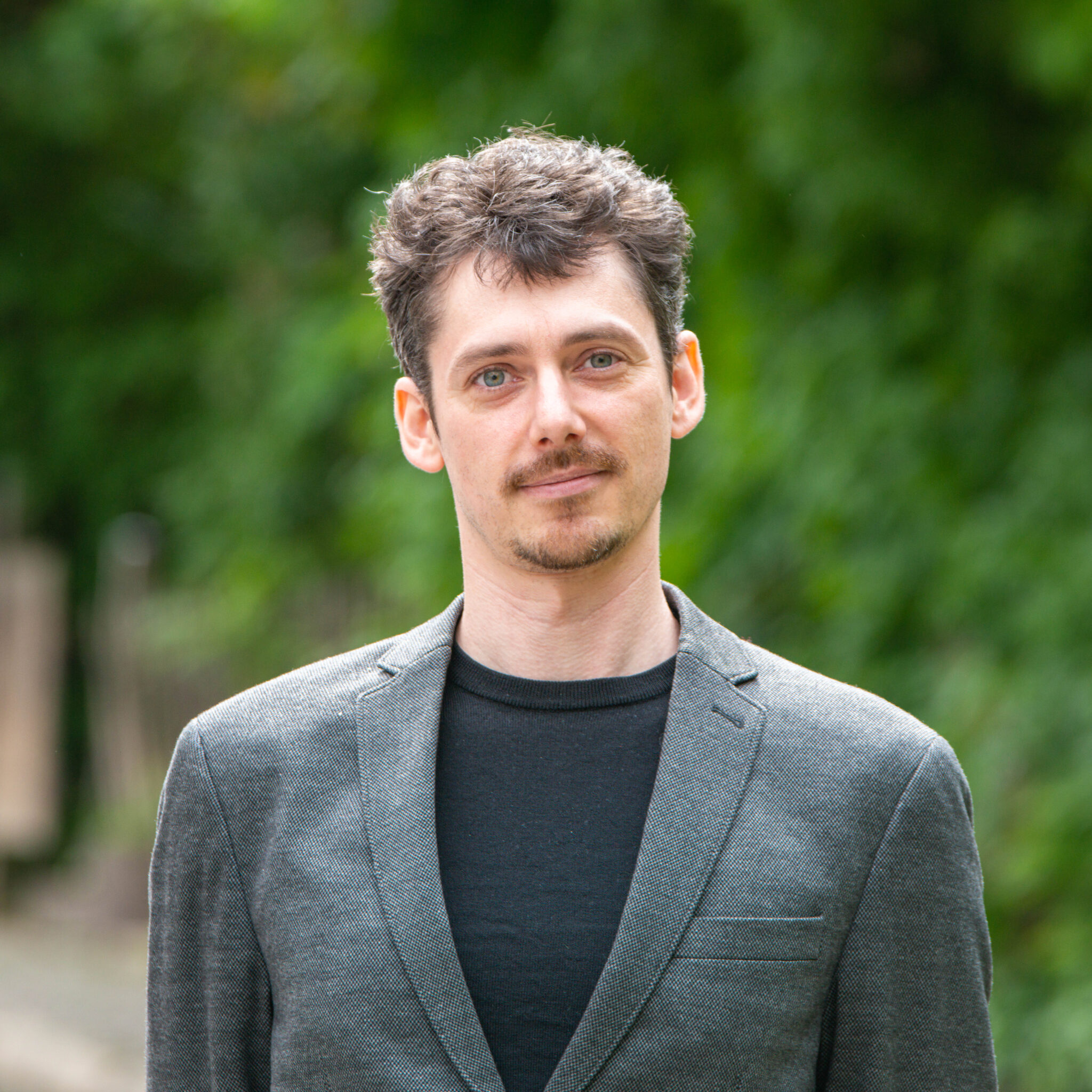
dr Sebastian Elsbach
Sebastian Elsbach is a postdoctoral fellow at the Robert Zajonc Institute for Social Studies at the University of Warsaw. His thesis was concerned with the culture of paramilitarism and violence in the Weimar Republic. In his postdoctoral work he also published on the German-Polish border conflict, the history of parliamentarism and National Socialism in central Germany. Most recently he edited the memories of Wolfgang Heine, a prominent right-wing Social Democrat, lawyer and parliamentarian.
Related publications
- Piotr Kuligowski, “Sub-imperial assembly between publicity and secrecy: the case of the Warsaw Sejm, 1820–31, Parliaments, Estates and Representation, 2025, https://doi.org/10.1080/02606755.2025.2536424
- Piotr Kuligowski, Wiktor Marzec, ‘Who May Represent a Nation in Upheaval? The Concept of Representation During the Polish November Uprising, 1830-1831’ , Journal of Modern European History, vol. 21, no. 1, 2023, p. 34–51 https://doi.org/10.1177/16118944221146910.
- Wiktor Marzec, ‘A sub-imperial realm amidst the global parliamentary moment. Legislative imaginations of Russian Poland, 1905-18’ , Parliaments, Estates and Representation, vol. 42, no. 3, 2022, p. 253-268.
- Wiktor Marzec, ‘Landed Nation. Land Reform and Ethnic Diversity in the Interwar Polish Parliament’ , Nationalities Papers, vol. 51, no. 4, 2023, p. 929-949, https://doi.org/10.1017/nps.2021.89.
- Wiktor Marzec, ‘“One of the Oldest States in Europe Has Never Suppressed Any Nation.” The Minority Treaty, Nationalist Indignation and the Foundations of Interwar Ethnic Democracy in Poland’ , Nations and Nationalism 2021, no. 27, p. 1080–1096.
- Wiktor Marzec, ‘Forging Polity in Times of International Class War: The Parliamentary Rhetoric on Labor in the First Polish Diet, 1919–1922’ , International Review of Social History, nol. 66, no. 3, 2021, p. 443 – 467.
- Wiktor Marzec, ‘Parliament and Revolution. Poland and Finland on Their Way out of the Hybrid Empire, 1905–1918’, Comparative Studies in Society and History, vol. 66, no. 1, 2024, p. 155-184.
- Piotr Kuligowski, 'From ‘de facto king’ to peasants’ communes: a struggle for representation in the discourse of the Polish Great Emigration, 1832-1846/48' , Contributions to the History of Concepts, vol. 15, no 1, 2020, p. 97–120, https://doi.org/10.18778/1644-857X.23.02.08.
- Piotr Kuligowski, 'Suwerenność subimperialna jako technologia władzy: przypadek Besarabii i Królestwa Polskiego' , Przegląd Nauk Historycznych, vol. 23, no 2, 2024, p. 197-220, https://doi.org/10.18778/1644-857X.23.02.08.
